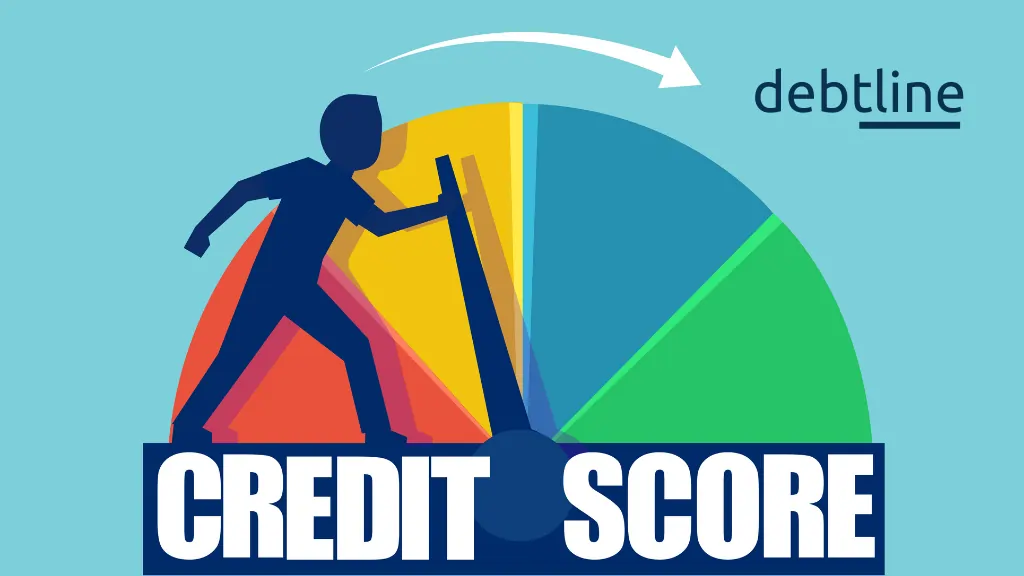How to improve your credit score

Improve your credit score before you take out a loan or purchase an asset. It is an important factor when you’re looking to loan money from any creditor in South Africa. The better your score, the more credit you’ll receive on better terms.
When you have a poor credit score report, you are easily rejected for loans, credit cards, and store accounts. It makes getting the money you need in a pinch very difficult and stressful.
Ways you can improve your credit score
We list six ways to repair your credit score and make sure that you’re financially heading in the right direction.
1. Check your credit report and learn more about what it means
Your credit report covers your spending habits over a period of 10 years. All major credit bureaus can give you access to your credit report, but there are also services online that will help you learn more.
Once you can look at your credit report, find out more about what it means. If there are terms you don’t understand or are unsure how scores are calculated, do some research and ensure that you’re in total control of your credit score’s future.
Main factors considered when calculating credit score
- Satisfactory account payments
- The types of accounts you have
- Payments and periods in arrears
- Any overdue amounts
- History of payment behavior
- Credit enquries
By managing the above successfully, e.g. keeping to your payment terms, will have a positive effect on your credit score.
2. Fix any errors highlighted in the report
Most credit report services will inform you about corrections required before your credit score can improve. This should include issues like paying outstanding debts and fixing overspending.
However, if points are mentioned that do not apply to you, or there are errors, contact the credit bureau immediately.
Read: Credit scoring explained
Even small errors can negatively affect your score, and it’s important to sort these problems out as quickly as possible. The longer they remain on your report, the more damage is done.
3. Adjust your credit-to-spend ratio
The amount of credit you have compared to how much of that credit you spend is a balancing act that requires management. It’s advised that your credit utilisation should be between 0% and 30%.
This means that if you have a credit card with a limit of R10,000, you shouldn’t spend more than 30% to keep your credit score healthy. Meeting these criteria can help improve your credit score greatly.
4. Always pay your debts on time every month
You must NEVER miss a payment when dealing with debt. Even a single missed payment can have your credit score plummet.
If you’re struggling to make your repayments every month, it’s best to consider options like debt review, where reduced repayments and protection from extra fees and possible legal repercussions are available.
If you can make the minimum monthly repayments, that’s a good way to boost your credit score. It’s better to pay slightly more than that each month.
5. Keep old credit cards open
When you manage to pay off a credit card that’s been hanging over your head for years, it’s tempting to cut up the card and immediately close the account. However, it’s advised to leave those cards open to boost your credit score.
Even with an account with no balance, the credit card still adds to your long-term credit history. Just make sure that you don’t use it again unnecessarily.
6. Don’t take out new credit
Finally, you should only apply for credit when you need it. If it’s not 100% necessary to take out new credit, rather than use or increase existing credit, avoid it. By applying for new credit, your score can drop due to the hard checks run by the bank or credit provider.
If you have existing credit cards or loans that you have responsibly used and paid off, increasing the limits can boost your credit score. Of course, you must pay off that debt as soon as possible and continue to make your monthly repayments, but increasing credit that has a history, it proves that you know how to manage your funds in the long term.
Need loan payment advice?
If you need more advice about managing your debt and becoming debt-free, contact Debtline and let our NCR-registered counsellors advise you. Our team of expert NCR-register debt counsellors can help build a program that suits your needs. You could be debt free within 60 months!